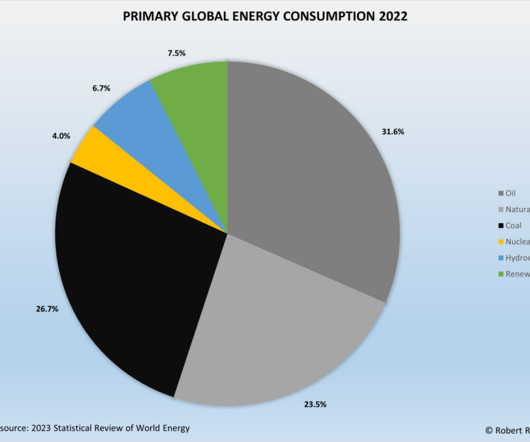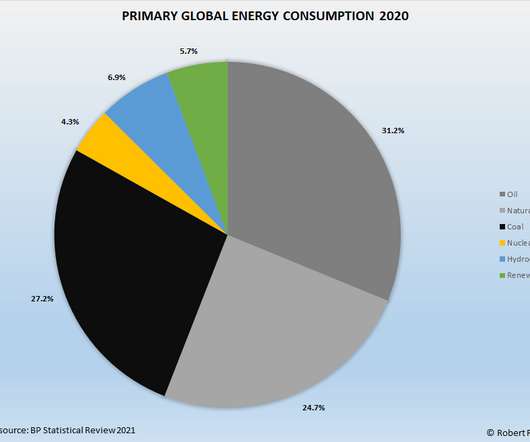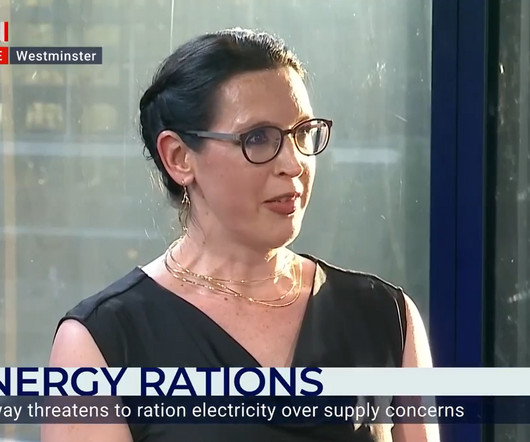Global Energy Trends From The 2023 Statistical Review Of World Energy
R-Squared Energy
AUGUST 10, 2023
Renewable power (excluding hydro) grew 14% in 2022, slightly below the previous year’s growth rate of 16%. in 2022, to the highest level of coal consumption since 2014. The decline was attributable to record price levels in Europe and Asia in 2022, rising nearly threefold in Europe and doubling in the Asian LNG spot market.














Let's personalize your content